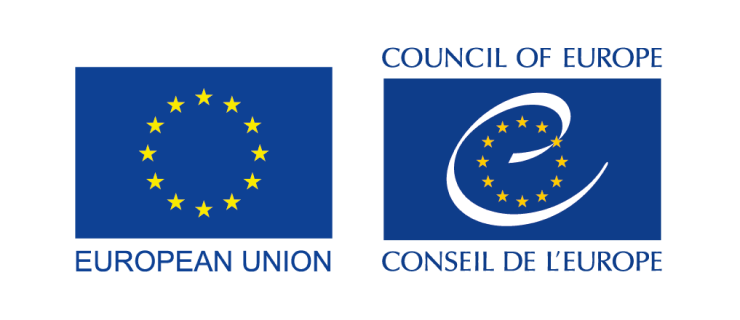International Organisation Resource
Education on the Holocaust and on Anti-Semitism: An Overview and Analysis of Educational Approaches
OSCE ODIHR • Organisation for Security and Cooperation in Europe (OSCE) • 2005
Levels and forms of education
Lower Secondary Education
Upper Secondary Education
Resource type
Reports
Historic approaches concerned
Cultural History
Social History
Historic period
Second World War
Countries or areas concerned
No data
Languages
English
Description
This study emphasises the importance of a comprehensive approach to Holocaust education. It suggests that while Holocaust education should focus on the genocide of European Jews, it should also acknowledge and study the history of other victim groups, such as Roma and Sinti, the disabled, non-Jewish Poles, Soviet prisoners of war, political opponents, homosexuals, and others who were also persecuted by the National Socialists. The text study educators to discuss not only the victims but also the perpetrators, collaborators, and bystanders. The study suggest that pre-war context, including Jewish life in Europe before the Holocaust, the rise of the National Socialists, and the history of antisemitism, is deemed essential in Holocaust education. The aftermath of the war, including post-war trials and the establishment of international declarations and conventions, should also be included in the curriculum. The study also highlights the rise of antisemitism in the 21st century and calls for a reassessment of Holocaust education in addressing current manifestations of antisemitism.
Keywords
Holocaust
antisemitism
peace education
comparative study
OSCE
Jewish history
Roma history
history of persons with disabilities
World War II
genocide
